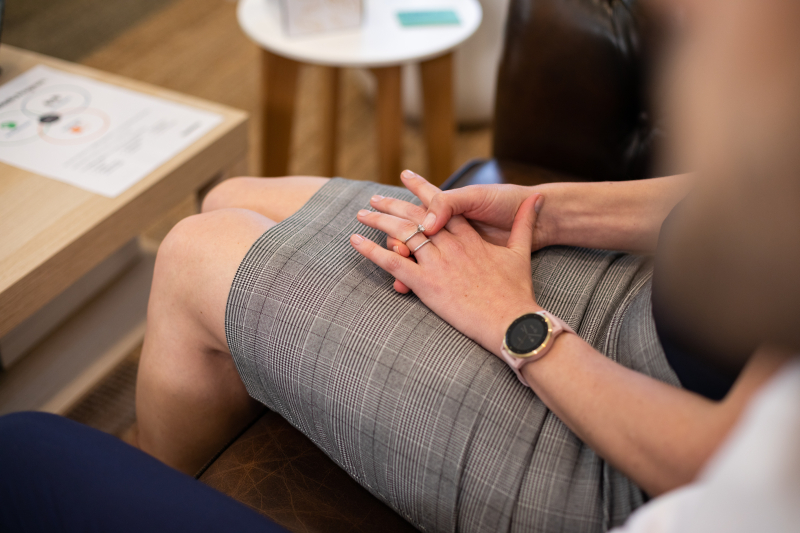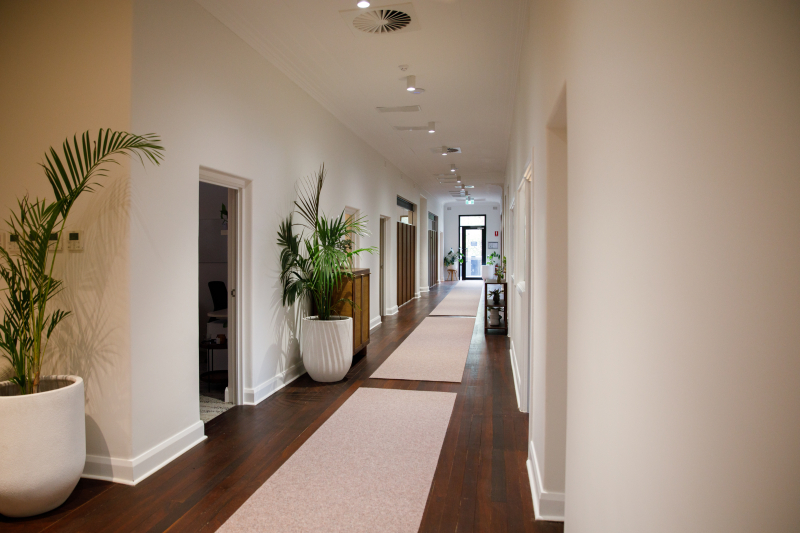In times of strife, couples counselling can offer invaluable tools to navigate challenges and foster deeper connections. Here we discuss some reasons to consider couples counselling, provide insights into what to expect from the process, and address common concerns couples may have before deciding to explore couples counselling.
Understanding the Need for Couples Counselling
Couples counselling provides a safe space for partners to address issues, enhance communication, and strengthen their bond. Common reasons to seek couples counselling include:
- Communication Breakdown: Communication is the cornerstone of any successful relationship. When misunderstandings, misinterpretations, or constant arguments arise, couples counselling can help rebuild effective communication channels.
- Conflict Resolution: Disagreements are natural, but when conflicts escalate and remain unresolved, they can erode the foundation of a relationship. Couples counselling equips partners with conflict resolution skills, ensuring issues are addressed constructively.
- Intimacy and Connection: Over time, intimacy and emotional connection may wane. Couples counselling offers techniques to rekindle romance, reestablish emotional closeness, and rediscover each other.
- Life Transitions: Major life changes, such as becoming parents or dealing with career shifts, can strain relationships. Couples counselling assists in adapting to these changes and maintaining a strong partnership.
- Trust Issues: Trust forms the bedrock of relationships. Couples counselling aids in rebuilding trust after breaches, promoting healing and growth.
- Pre-Marital Counselling: Before tying the knot, couples can benefit from counselling to explore expectations, address potential issues, and ensure a solid foundation for marriage.
What to Expect from Couples Counselling
Couples counselling is a collaborative process that involves open dialogue and active participation from both partners. Here’s what you can expect:
- Supportive Environment: A trained therapist provides a neutral and non-judgmental space for partners to express their thoughts and feelings.
- Assessment Phase: The therapist gains insights into the relationship dynamics, individual histories, and goals. This is done through talking with you both, and often, completing a series of questionnaires. This phase sets the stage for tailored interventions.
- Communication Enhancement: Couples counselling emphasises effective communication techniques, enabling partners to express themselves genuinely and listen attentively.
- Skill-Building: Couples learn problem-solving skills, conflict management techniques, and ways to nurture intimacy.
- Homework and Practice: Between sessions, partners are encouraged to practice newly acquired skills and implement strategies discussed during sessions.
- Progress Evaluation: Progress is periodically assessed, allowing adjustments to the counselling approach based on new developments or changing goals.
Addressing Common Concerns About Couples Counselling
Couples counselling offers immense benefits, but common concerns can deter individuals from seeking help. Let’s address these concerns:
- “We’re Not in Crisis”: Couples counselling isn’t solely for crises. It’s a proactive tool to enhance relationships, prevent issues from escalating, and foster personal growth.
- “One Session Can Fix Everything”: Counselling is a process that requires patience and commitment. Multiple sessions are necessary to address complexities and effect lasting change. For example, it often takes around four sessions to thoroughly assess the challenges and goals for a couple. Each session thereafter may focus on building one skill at a time. For the majority of couples, around 12 sessions would be recommended.
- “Our Problems Are Unique”: Every relationship is unique, but experienced therapists are equipped to adapt strategies to suit individual circumstances. Deeper themes, common to many couples, often underlie the unique problems in each relationship.
- “It’s a Sign of Weakness”: Seeking help is a sign of strength and dedication to improving the relationship. It demonstrates a willingness to invest in a shared future.
- “The Therapist will Take Sides”: A good couples therapist will maintain impartiality and non-judgement, ensuring both partners have an equal platform to express themselves. This does not mean that they will ignore poor behaviour, or avoid highlighting areas for skill development.
- “My Partner Won’t Agree to Attend”: This is very common initially. Couples counselling is not effective unless both partners are willing participants. Remember that the partner who first raises the possibility of attending couples counselling has usually had a longer period of time to contemplate it than the other partner. Be gentle and patient, and emphasise the value you place on your relationship, while highlighting the potential benefits to you both.
- “It’s Too Expensive”: Investing in the health of your relationship is invaluable, and the overall benefits to physical health, mental health, and overall quality of life often outweigh the financial costs. Couples counselling is usually significantly cheaper than going through the legal process of separation.
Conclusion
Couples counselling isn’t an admission of failure but a proactive step toward building a stronger, healthier, and more fulfilling relationship. By addressing concerns, learning communication skills, and nurturing intimacy, couples can experience happier and more harmonious relationships. If you and your partner are interested in exploring couples counselling options at Headway, please get in touch with our friendly admin team at referrals@headwaypsych.com.au or by phone on (08) 9226 4489.



